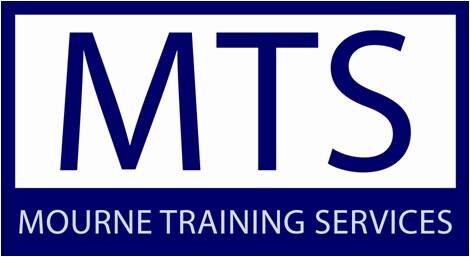MTS Helpdesk Question: What are the elements of the Analytical Procedure Lifecycle, as mentioned in guidance documents such as ICH Q14 and USP <1220>? Answer: An analytical procedure (or method) lifecycle consists of the activities associated with the procedure development, validation, routine use, transfer to another laboratory, and change control, throughout the period of time […]
Category: MTS Helpdesk
Limit of Quantitation: Does it Matter?
MTS Helpdesk Question: Is the limit of quanitation always important when validating methods for impurities? Answer: Defined as “the lowest amount of analyte in a sample which can be quantitatively determined with suitable precision and accuracy” in ICH Q2, limit of quantitation (or ‘quantitation limit’ in the ICH terminology) is an important method performance characteristic […]
How Long to Equlibrate an HPLC Column?
MTS Helpdesk Question: How long does it take to equilibrate a column on an HPLC system before the first injection can be performed? Answer: This is a question commonly asked by HPLC analysts, particularly those relatively new to the technique. The range of currently available column dimensions means that a ‘one size fits all’ approach […]
HPLC Mobile Phase Expiry Dates
MTS Helpdesk Question: What is the typical (the industrial ‘norm’) for the expiration date of mobile phases for HPLC, i.e. with buffer and without buffer. Also, what should you do (e.g., measure the pH or run and verify the retention time) if you need to extend the expiration date in extenuating circumstance e.g. shortage of […]
Replicates in Analytical Methods: When and How Many?
MTS Helpdesk Question: What is the purpose of preparing replicates in analytical methods? Answer: Do you prepare your samples/standards in duplicate without really thinking about it? If challenged on why, would your answer be something like, “it’s good practice, isn’t it?” The use of replicates in analytical procedures is commonplace but it is important to […]
How Much Forced Degradation in a Stress Study?
MTS Helpdesk Question: When I forcibly degrade my drug or drug product to create degradation products, how much degradation should I aim for? Answer: The aim of a forced degradation study is to generate degradation products from a drug which are both realistic and representative, typically for the purposes of assessing degradation pathways, or to […]
